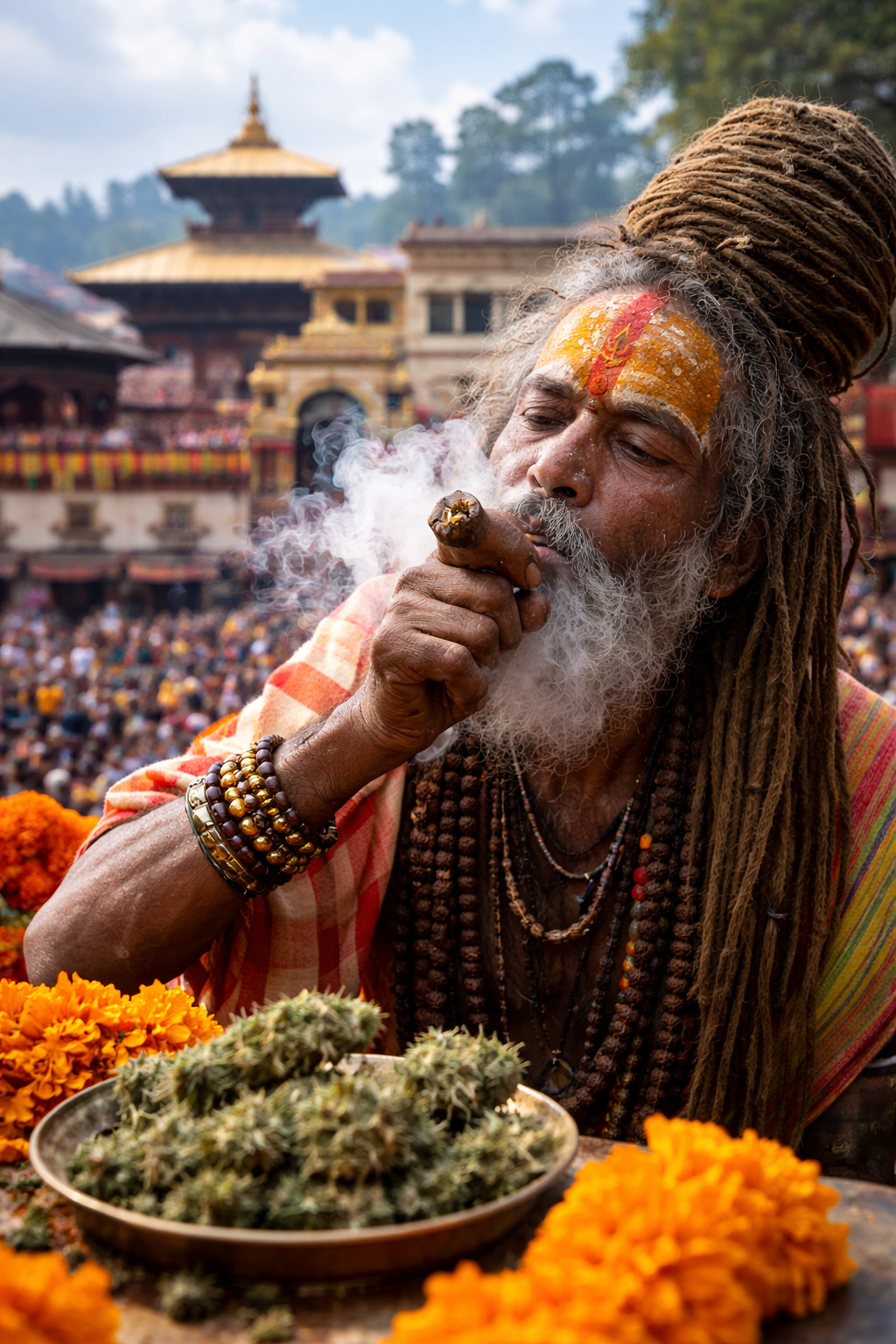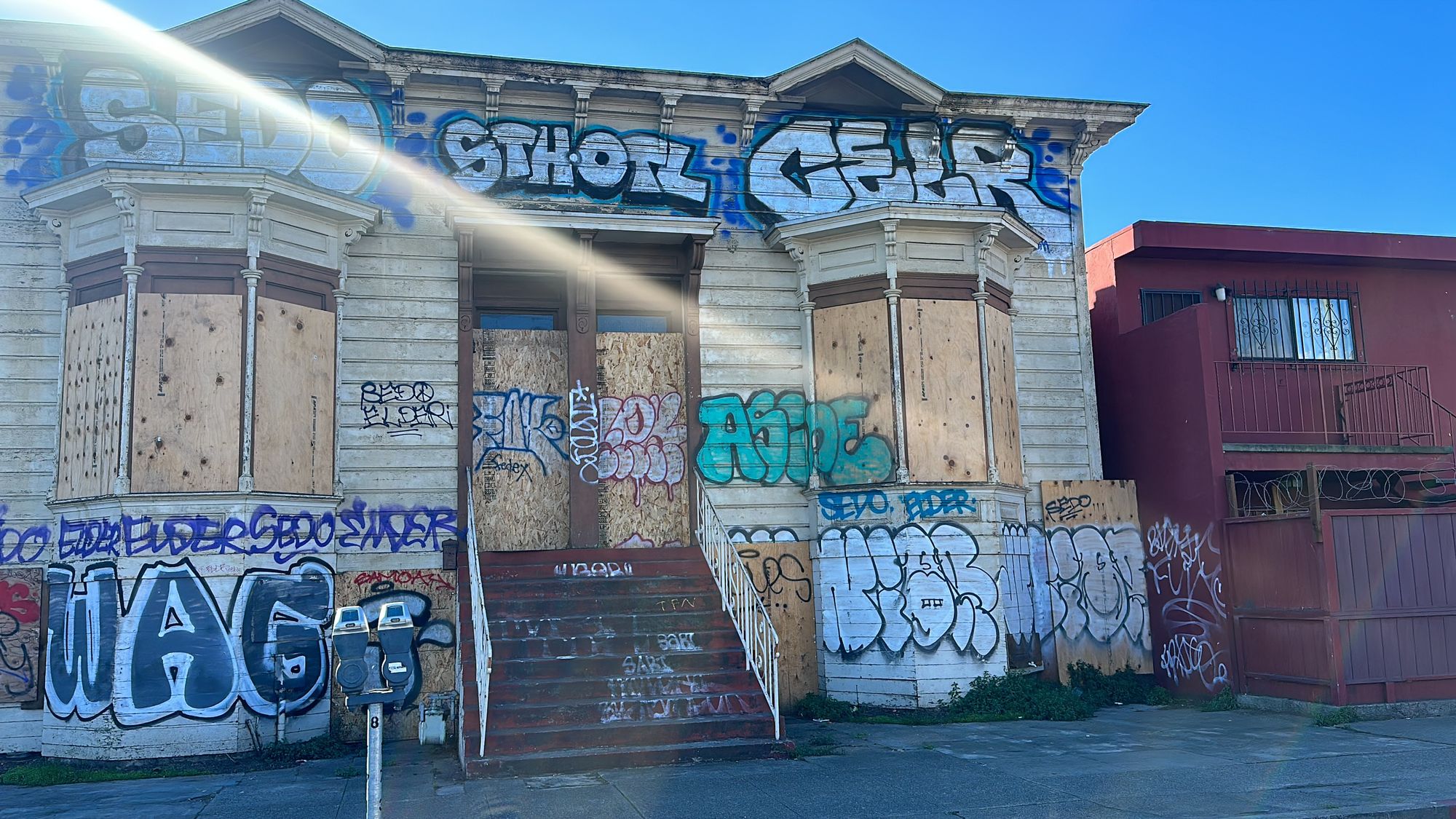聯合國專家呼籲-終結反毒戰爭

由於6/26是"國際禁止藥物濫用和非法販運日",因此於2023年6/23日,聯合國人權理事會特別程序中發布一則由特別報告員的反反毒戰爭聲明亦隨之出爐。
一、什麼是聯合國人權理事會特別報告員?
特別報告員是人權理事會特別程序的一部分。特別程序是聯合國人權系統中最大的獨立專家機構,是理事會獨立實況調查和監測機制的總稱,旨在解決世界各地的具體國家情況或專題問題。特別程序專家自願工作;他們不是聯合國工作人員,也不領取工資。他們獨立於任何政府或組織,並以個人身份任職。
二、聲明內容摘要
“The ‘war on drugs’ may be understood to a significant extent as a war on people. Its impact has been greatest on those who live in poverty, and it frequently overlaps with discrimination directed at marginalised groups, minoritiesand Indigenous Peoples. In our reporting and experience, we have found that such discriminatory impact is a common element across drug policies with regard to the widest range of human rights, including the right to personal liberty; freedom from torture, ill-treatment and forced labour; fair trial rights; the right to health, including access to essential medicines, palliative care, comprehensive drug prevention and education, drug treatment, and harm reduction; the right to adequate housing; freedom from discrimination and the right to equal treatment before the law; right to a clean, healthy and sustainable environment; cultural rights and freedoms of expression, religion, assembly and association.
反毒戰爭在很大程度上可以理解為政府針對人民的戰爭。反毒戰爭影響最大的人是活於貧困中的人,且反毒政策經常與針對邊緣化群體、少數群體和原住民的歧視重疊。根據專家參考的報告及經驗,他們發現這種多數毒品政策的歧視性影響包山包海,如:免遭酷刑、虐待和強迫勞動、公平審判權;健康權(包括獲得基本藥物、緩解治療、藥物預防濫用教育、藥物治療和減少傷害);普及居住權;免受歧視的自由;法律平等權利;享有衛生、健康和永續環境的權利;文化權利以及言論、宗教、集會和結社自由。
In various countries, the ‘war on drugs’ has been more effective as a system of racial control than as a tool to reduce drug markets. Policing interventions based on racial profiling remain widespread, whilst access to evidence-based treatment and harm reduction for people of African descent remains critically low.
在許多國家,反毒品戰爭用來作為種族控制手段比用來作為減少毒品市場更有效。警察對於特定種族或是形象作為是否干預的情況仍然普遍存在,同時間而非裔有色人種獲得正當醫療管道及藥物減害的機會仍然極少。
Although one in three people who use drugs are women, women constitute only one in five people in treatment. Women are also disproportionately affected by criminalisation and incarceration, with 35% of women in prison worldwide having been convicted of a drug-related offence compared to 19% of men. The causes of women’s interaction with the criminal justice system in relation to drugs are complex, often linked to other factors such as poverty and coercion, and may reflect systemic gender inequality in society more broadly. Of note, most women in prison for drug related offences have little education.
儘管三分之一的藥物濫用者是女性,但女性僅佔接受治療的五分之一。女性也尤其容易受到刑事定罪和監禁的影響,全球監獄中 35% 的女性因毒品相關犯罪而被定罪,而男性在這一比例為 19%。婦女與刑事司法系統就毒品問題進行互動的原因很複雜,往往與貧困和脅迫等其他因素有關,並可能更廣泛地反映社會中系統性的性別不平等。值得注意的是,大多數因毒品相關犯罪而入獄的女性幾乎沒有受過教育。
Everyone without exception has the right to life-saving harm reduction interventions, which are essential for the protection of the right to health of people who use drugs. However, according to UN data, only 1 in 8 people with drug dependence have access to appropriate treatment, and the coverage of harm reduction services remains very low. The situation is particularly critical for women, LGBTIQ+ persons, and other marginalised groups, for whom harm reduction and treatment services may not be adapted or respond to their specific needs. Women and LGBTIQ+ persons also face even higher levels of stigma, including self-stigma, and discrimination than men who use drugs.
每個人無一例外都有權獲得挽救生命的減少傷害干預措施,這對於保護藥物依賴者的健康權至關重要。然而,根據聯合國的數據,只有八分之一的藥物依賴者能夠獲得適當的治療,減少傷害服務的覆蓋率仍然很低。對於婦女、LGBTIQ+ 人群和其他邊緣化群體來說,情況尤其嚴峻,對於他們來說,藥物減害和治療服務可能無法適應或滿足他們的具體需求。與藥物濫用的男性相比,女性和 LGBTIQ+ 人群還面臨更高程度的恥辱,包括自我恥辱感和歧視。
The criminalisation of substances traditionally used by Indigenous Peoples such as the coca leaf can also result in the suppression, undermining and marginalization of traditional and indigenous knowledge systems and medicine, which has wide-ranging health impacts and is rooted in discriminatory hierarchies and conceptions. Forced eradication of crops, including through the aerial spraying of highly hazardous pesticides, can cause serious harm to the environment and clean water, as well as to the health and welfare of Indigenous communities. Indigenous Peoples that might be affected by these and other drug control operations must be meaningfully consulted, and guarantees should be given that their lives, cultural practices, lands and natural resources are not violated.
將古柯葉等原住民傳統使用的物質定為刑事犯罪可能導致傳統和原住民知識體系和醫學受到抑制、破壞和邊緣化,這對健康產生廣泛影響,並植根於歧視性等級制度和觀念。強制剷除農作物,包括通過空中噴灑高危農藥,可能對環境和乾淨水源以及原住民社區的健康和福祉造成嚴重危害。進行這些這類"反毒措施"政府應必須與可能受到這些和其他藥物管制行動影響的原住民進行有意義的磋商,並保證他們的生活、文化習俗、土地和自然資源不受到侵犯。
最重要的是以下幾句聲明
As called for by the UN system Common Position on drug-related matters, drug use and possession for personal use should be decriminalised as a matter of urgency.Drug use or dependence are never a sufficient justification for detaining a person. Compulsory drug detention and rehabilitation centres need to be closed and replaced with voluntary, evidence-informed, and rights-based health and social services in the community.
聯合國關於毒品相關問題的共同立場呼籲,應緊急將吸毒和個人持有毒品非刑事化。吸毒或依賴從來都不是拘留一個人的充分理由。強制戒毒拘留和康復中心需要關閉,並以自願的、基於證據的、基於權利的社區健康和社會服務取代之。
In line with the theme this year,“People first: stop stigma and discrimination, strengthen prevention”, the United Nations and the international community have a historical responsibility to reverse the devastation brought about by decades of a global ‘war on drugs’ on communities that have been marginalised and discriminated against.
今年的主題是“以人為本:制止污名和歧視,加強預防” ,聯合國和國際社會負有歷史責任,要扭轉數十年全球“反毒戰爭”給社區帶來的破壞。那些被邊緣化和歧視的人。
三、這次報告的專家名單有誰?
違反程序正義拘留問題工作組:Priya Gopalan(主席)、Matthew Gillett(通訊副主席)、Ganna Yudkivska(後續行動副主席)、Miriam Estrada-Castillo和Mumba Malila
文化權利領域特別報告員:Alexandra Xanthaki
歧視婦女和女童問題工作組:Dorothy Estrada Tanck(主席)、Ivana Radačić(副主席)、Elizabeth Broderick、Meskerem Geset Techane 和 Melissa Upreti
當代形式奴隸制包括其原因和後果問題特別報告員: Tomoya Obokata
防止基於性取向和性別認同的暴力和歧視問題獨立專家:Victor Madrigal-Borloz
殘疾人權利問題特別報告員:Gerard Quinn
人人有權享有能達到的最高標準身心健康問題特別報告員:Tlaleng Mofokeng
教育權問題特別報告員:Farida Shaheed
暴力侵害婦女和女童行為及其因果問題特別報告員:Reem Alsalem
人口販運問題特別報告員:Siobhán Mulally
當代形式種族主義問題特別報告員:Ashwini KP
人權與環境問題特別報告員:David R. Boyd
原住民人民權利問題特別報告員:José Francisco Calí Tzay
老年人人權問題獨立專家:Claudia Mahler
法外處決、即決處決或違反法定程序處決問題特別報告員:Morris Tidball-Binz
危險物質和廢物的無害環境管理和處置對人權的影響問題特別報告員:Marcos A. Orellana
全文摘要翻譯自聯合國人權理事會官方網站新聞稿




留言 ()